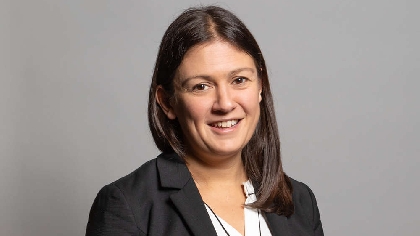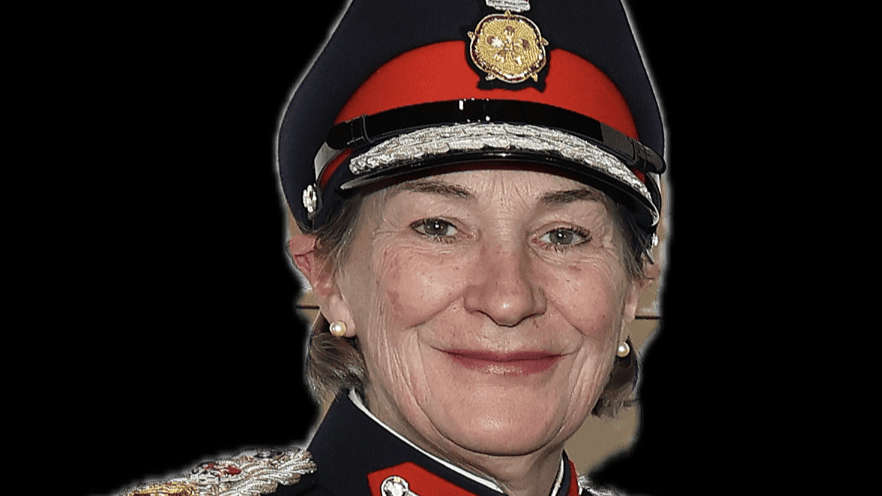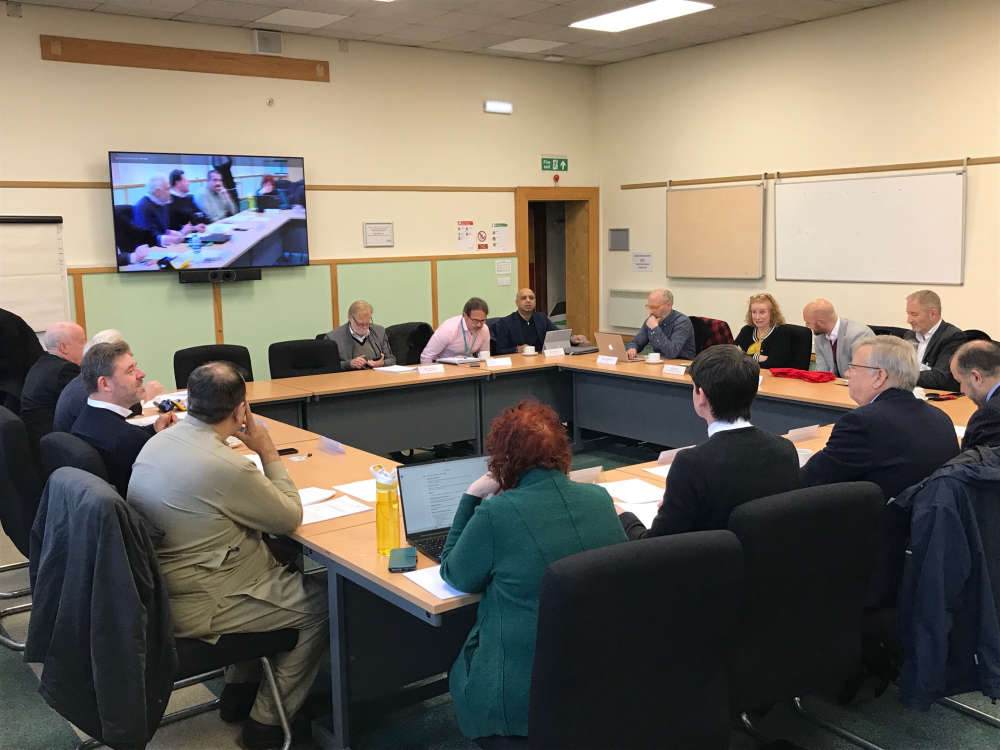
A former support teacher from Burnley living with a brain tumour was told she had only six months to live – seven years ago.
Shahleen Hussain, 22, from Burnley, fell into a 24-hour coma at the age of 13 during lunchtime at school. After a series of scans and tests at Blackburn Hospital, she was discharged with a three-month supply of migraine tablets.
Shahleen said: “It was a horrible time. Doctors weren’t taking my symptoms seriously, just giving me pills for migraines which made me gain weight rapidly and feel even worse. I kept passing out at school and experienced partial paralysis before I was admitted back into hospital for further tests.”
During her second hospital visit, Shahleen was vomiting blood and suffering stroke-like symptoms. At 15-years-old, an MRI eventually revealed a low-grade meningioma, the size of a golf ball, in the left side of her brain. After her diagnosis, doctors confirmed every parent’s worst nightmare.
“The doctors sat my parents down and bluntly told them that, based on my symptoms and diagnosis, I would deteriorate and die within six months,” Shahleen adds.
“They traumatised my parents with this, then offered no further support and advised them not to tell me because of the potential impact on my mental health. But I beat the odds, and after six months, I was transferred to The Christie NHS Foundation Trust in Manchester and placed on steroids.”
Brain tumours kill more children and adults under the age of 40 than any other cancer, yet just 1% of the national spend on cancer research has been allocated to brain tumours since records began in 2002.
Shahleen endured years of frequent hospital visits, becoming so familiar with the routine that ambulance staff knew her by name. She opted against surgery due to high risks and monitored her tumour with regular scans. For a time, she adjusted to life with her tumour, but at 21, she began experiencing seizures and was diagnosed with epilepsy – a condition doctors linked to the mass
The epilepsy diagnosis required further lifestyle changes and medication, with Shahleen having to step away from her dream of becoming a qualified teacher. However, she has found happiness in her recent marriage Junaid and is focused on working with Brain Tumour Research to raise awareness of the condition.
Reflecting on her journey, Shahleen said: “Just because it’s a low-grade tumour doesn’t mean it isn’t serious. It impacts my everyday life in ways people don’t see. My life is proof that even so-called benign tumours can have huge consequences. I want to help anyone going through a journey like mine and make them understand that they aren’t alone. It’s extremely important to surround yourself with people that support you and accept your decisions.”
Ashley McWilliams, Community Development Manager at Brain Tumour Research, said: “Shahleen’s resilience and determination to survive against the odds is nothing short of inspiring. Her story is a powerful reminder of the unpredictable nature of brain tumours, and her efforts to raise awareness shine a light on a condition that affects over 16,000 people every year. Shahleen’s courage will undoubtedly encourage others facing similar battles.”
To learn more about brain tumours, visit: https://braintumourresearch.org/pages/information-what-are-brain-tumours



 Blackburn’s ‘Margo Towers’ to become a church
Blackburn’s ‘Margo Towers’ to become a church
 Cabinet minister echoes concerns about East Lancs kids' homes applications
Cabinet minister echoes concerns about East Lancs kids' homes applications
 Town Hall bosses spend £78k on staff parking during building work
Town Hall bosses spend £78k on staff parking during building work
 Neighbourhood policing team conduct successful day of action in Bacup
Neighbourhood policing team conduct successful day of action in Bacup
 Lancashire to commemorate 80th anniversary of VE Day with a special service
Lancashire to commemorate 80th anniversary of VE Day with a special service
 Blackburn with Darwen children’s services rated as good in latest inspection
Blackburn with Darwen children’s services rated as good in latest inspection
 Blackburn man who drugged and sexually assaulted schoolgirl jailed for 17 years
Blackburn man who drugged and sexually assaulted schoolgirl jailed for 17 years
 Who deserves highlighting in a Nelson history trail, murals or statue?
Who deserves highlighting in a Nelson history trail, murals or statue?




